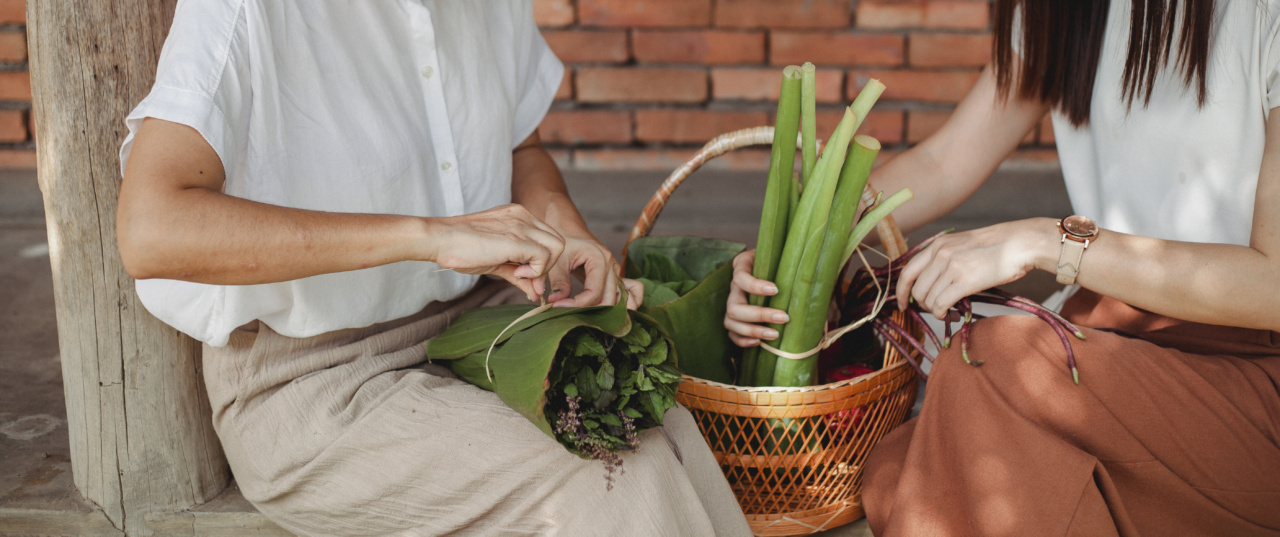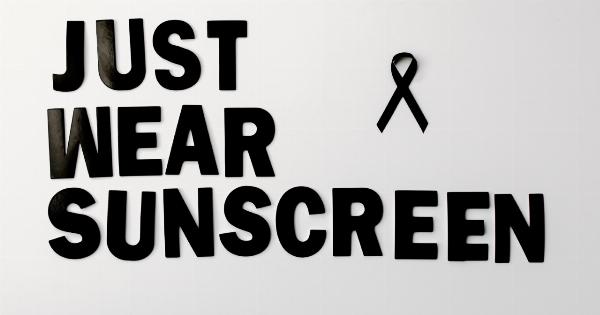Exposure to the harmful ultraviolet (UV) radiation from the sun can have detrimental effects on our skin, leading to sunburns, premature aging, and an increased risk of skin cancer.
While traditional sunscreens provide protection, recent advancements have highlighted the potential of certain foods in acting as edible sunscreens. These foods, packed with natural compounds and antioxidants, offer a delicious and nutritious way to shield ourselves from the damaging effects of UV radiation.
In this article, we will explore the top foods that can keep UV radiation at bay and provide essential insights on incorporating them into our diets.
1. Tomatoes
A rich source of the antioxidant lycopene, tomatoes can provide protection against the harmful effects of UV radiation. Lycopene helps neutralize free radicals caused by excessive sun exposure, reducing the risk of sunburn and skin damage.
Including tomatoes in salads, sauces, or consuming them as a juice can enhance our natural sun protection.
2. Green Tea
Green tea, renowned for its numerous health benefits, contains polyphenols and catechins that exhibit photoprotective properties.
These antioxidants help prevent UV-induced skin damage by reducing inflammation, enhancing DNA repair, and protecting against collagen breakdown. Regular consumption of green tea can boost our overall skin health and protection against sun damage.
3. Dark Chocolate
Indulging in a little dark chocolate can provide more than just a delicious treat. The high cocoa content in dark chocolate is packed with flavanols that improve the skin’s ability to withstand UV radiation.
Flavanols boost blood flow to the skin, enhance skin hydration, and offer protection against sunburn. Opt for dark chocolate with a higher percentage of cocoa for maximum benefits.
4. Carrots
Carrots, rich in beta carotene, a precursor of Vitamin A, can naturally enhance our skin’s defense against the sun. Beta carotene acts as a natural sun protectant and helps in the repair of sun-damaged skin cells.
Regularly incorporating carrots into our diet can provide added protection and contribute to healthy, glowing skin.
5. Spinach
Packed with vitamins, minerals, and antioxidants, spinach is a leafy green powerhouse that offers remarkable sun protection benefits. Spinach contains high levels of lutein, which helps protect the skin from oxidative damage caused by UV radiation.
Including spinach in salads, smoothies, or as a cooked side dish can keep your skin healthy and safeguarded.
6. Almonds
Almonds are not only a delicious snack but also a great source of vitamin E. This vitamin plays a crucial role in protecting the skin from harmful UV radiation by neutralizing free radicals and reducing inflammation.
Snacking on a handful of almonds or adding them to your meals can help fortify your skin’s natural defense mechanism against the sun.
7. Red Grapes
Red grapes, particularly their skin, contain resveratrol, a powerful antioxidant that offers photoprotective effects.
Resveratrol helps in preventing the formation of harmful free radicals and reduces the UV-induced inflammation and DNA damage in the skin cells. Enjoying red grapes as a snack or adding them to fruit salads can provide an additional layer of natural sun protection.
8. Green Leafy Vegetables
Green leafy vegetables such as kale, collard greens, and Swiss chard are abundant in antioxidants like vitamins C and E, lutein, and zeaxanthin, which protect the skin against the harmful effects of sun exposure.
Including these nutrient-dense greens in your diet can enhance your skin’s resilience and reduce the risk of sun damage.
9. Citrus Fruits
Citrus fruits like oranges, lemons, and grapefruits are packed with vitamin C, which offers numerous benefits for sun protection. Vitamin C helps in repairing damaged skin, reducing inflammation, and boosting collagen production.
Squeeze fresh citrus juices or enjoy the fruits themselves to harness their natural UV-defying properties.
10. Green Algae
Green algae, such as chlorella and spirulina, are rich sources of chlorophyll, a natural pigment that can protect the skin against UV radiation. Chlorophyll aids in detoxification, reduces inflammation, and promotes the repair of damaged skin cells.
Consuming green algae powder or tablets as a dietary supplement can provide an additional layer of defense against sun damage.
Conclusion
While traditional sunscreens play a crucial role in protecting our skin from the harmful effects of UV radiation, incorporating certain foods into our diets can act as edible sunscreens and provide an added layer of natural protection.
Tomatoes, green tea, dark chocolate, carrots, spinach, almonds, red grapes, green leafy vegetables, citrus fruits, and green algae are just a few examples of the many foods that can keep UV radiation at bay. By making these foods a part of your regular diet, you not only support your overall health but also help shield your skin from sun damage, enabling you to enjoy the sun responsibly.
























